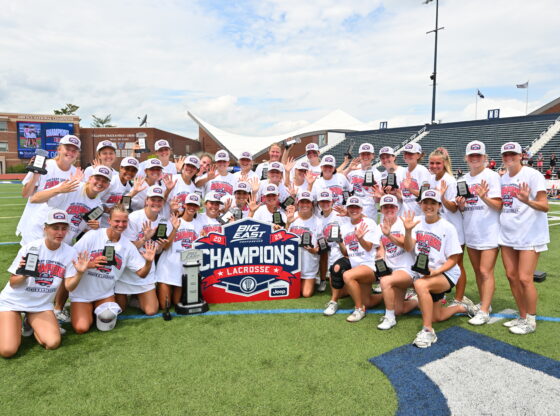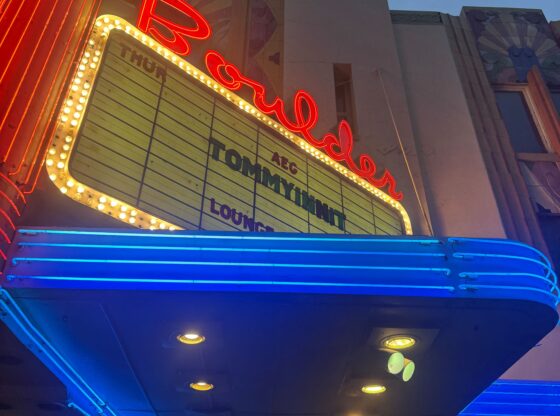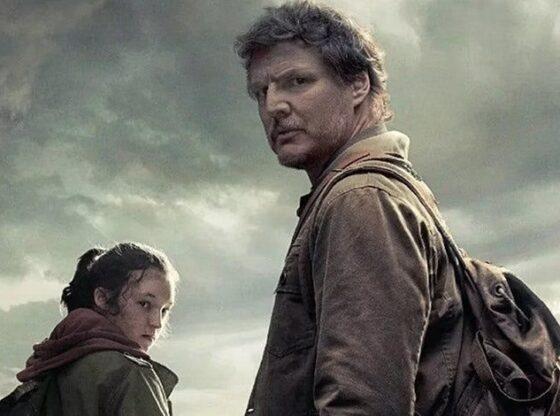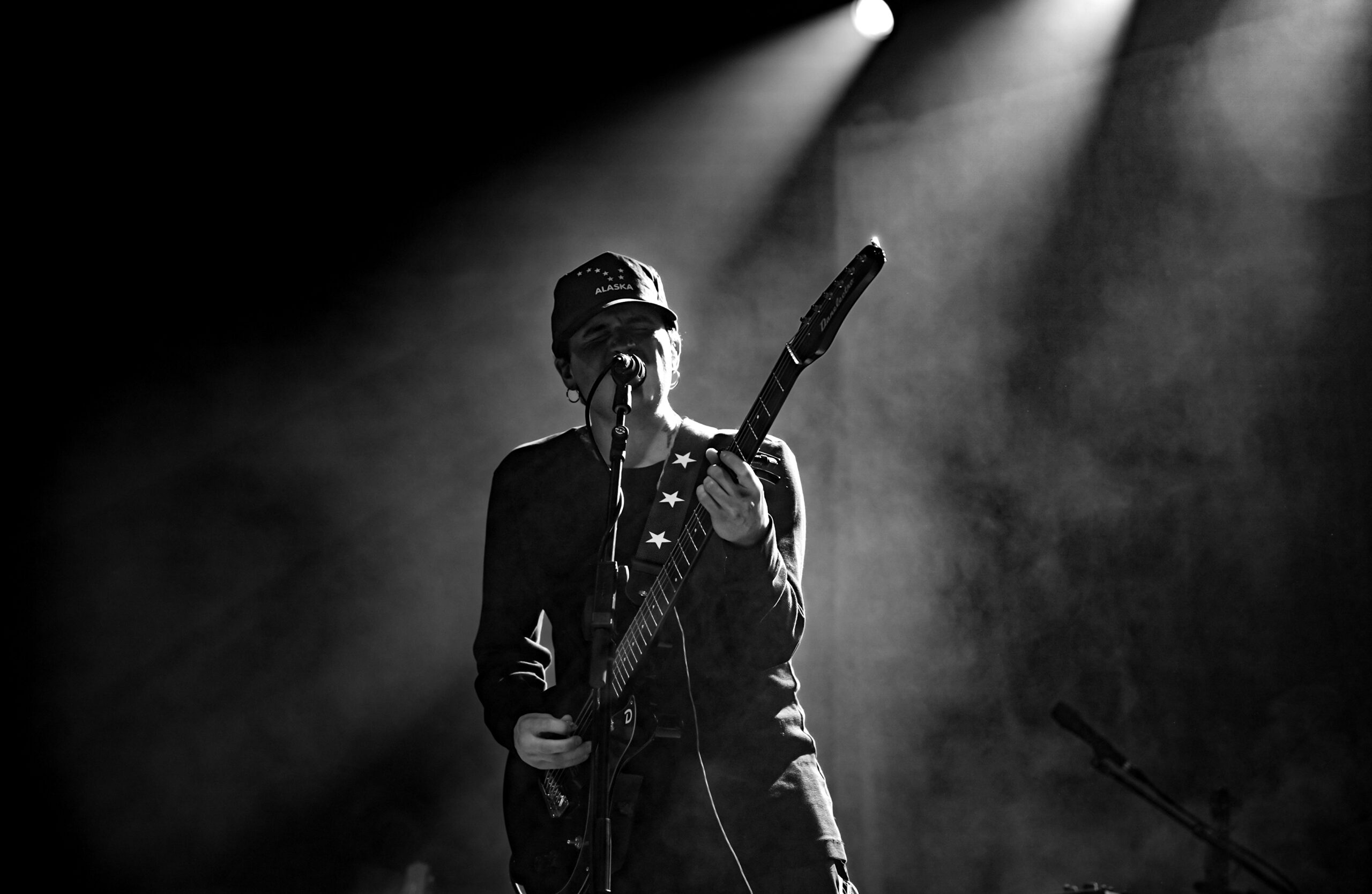Festival coverage
Dear editor,
Thanks for the excellent coverage of the Festival of Nations in your April 19 edition of the Clarion. The photo layouts were very lively and effective.
I would enjoy talking with you about expanded coverage of international events on campus, particularly as we have so many programs at the International House.
Again, we appreciate your generous coverage of the festival.
Best wishes,
Jan Pilcher, Community Outreach Coordinator, Office of Internationalization
Disappointing response
Dear editor,
It was disappointing to learn that only two students showed up in the audience to listen to the debate about drinking on campus, but that you had the debate at all and are confronting the problem is a great credit to the school and the first step in finding solutions to a universal problem.
Sincerely,
tblack@eastoninvestment.com
Bush’s presidency
Dear editor,
I am dismayed as a student publications alum that the current editor-in-chief of the Clarion could write such an ill-informed editorial about the worst president in my lifetime, George W. Bush. (“Give Bush a Chance,” April 26)
I suggest you review everything this administration has done so far, list the “accomplishments” and then try and prove we are safer or better off (unless you are among the very rich).
I thought the young were supposed to question authority, not be fawningly subservient to it.
I suggest further that you review some Clarion history. Check on the student editorships of John Love, Frank Khim, Carol Carpenter, Claudia Christie, Jerome Ryden and David Peterson for starters. Then see if you think you measure up.
Thanks to the ongoing policies of this president, yours will be the first generation to look forward to a lower standard of living.
Youth is supposed to be contrarian, but in this case, you are very uniformed, and very, very very wrong.
George Powell Class of 1966
High-risk drinking
Dear editor,
The Assoc. of Governing Boards of Universities and Colleges publishes a magazine called Priorities. In its Winter, 2005 issue there is an article by Brandon Busteed of Outside The Classroom, Inc. (Outsidetheclassroom.com) which deals with college high-risk drinking which I recommend reading.
It deals with the problem on a larger, national scale and shows how some other universities have found solutions. The article also contains some interesting statistics on drinking by people of college age. For example, over a three year period of analysis, Busteed discovered that high-risk drinking increases during the fall of the Freshman year by 100%. Furthermore, that among people who don’t go to college, rates of drinking are less than their college bound counterparts.
The short-term “rescue” package for the state’s fiscal condition is nearly through the General Assembly. My own senator (a DU Law grad) is aghast at the concept; he says if the State and local governments get to keep more money, it will simply SPEND IT! Imagine that! Maybe we can put another cop or two on the streets (ask Aurora, where an election to do just that is imminent). Perhaps Lakewood could keep it parks open, or its street lights on. I wonder if my elected representatives truly understand that the public sector creates jobs and its own multipliers. For a preview of the “dark side,” look at California, where many libraries, etc., closed following adoption of Prop. 13. The Taliban and the Khmer Rouge are both alive and well, in Colorado; but here they call themselves “lawmakers.” How quaint.
Gregory Iwan (doctoral candidate)
Drinking has changed
Dear editor,
About 30 years ago when I was attending DU, student drinking on campus was a completely different issue: It was not only condoned, but we had a little 3.2 percent beer pub called “The Draught Board” right there in the student union for faculty, staff, students and their guests.
Many an afternoon I stopped by for a cold glass of beer after classes before heading off to work, or after a long study session in the library. Most often, some of the professors would also be gathered with students. Little informal colloquia would form to relate class material to “the real world.”
The last time I visited campus in the early 90’s, there seemed to be no opportunity for such informal assemblies.
If you were to ask me what classes stuck out in my mind, I would have to stop and think a while.
If you were to ask me what educational experience stood out, it would be those afternoons when professors and students would debate the ethical meaning of reruns of Star Trek.
After a hockey game, the bar was crowded with fans just coming from the game. Many a romance was furthered in the quiet corners.
Seldom did anyone drink to intoxication. Except for the Greek Row rush parties, intoxication was rarely a problem on campus. We had ready access to alcohol, and yet we drank, for the most part, responsibly. In fact, a hangover was a mark of shame.
In my many years of ministry and teaching, it seems that when something is forbidden, it becomes more exciting. Instead of enjoying a drink as an aspect of companionship and social intercourse, it becomes a solitary focus.
I believe that, if anything, the prohibition of all alcohol to 18-21 year old people has created a greater problem than that which it was intended to solve. Creating stricter laws and regulations will not resolve it, either: If someone is old enough to live independently, to vote, to die in a war, I cannot see that they lack judgment to responsibly drink.
I see the current trend of binge drinking as a symptom of excessive restriction, not a diminishment of the capacity of youth to be responsible. I believe that the way to solve binge drinking is to make alcohol accessible to people old enough to vote, die in war, and live independently in every other respect.
Rev. Bob E. Dierking
BA ’77











